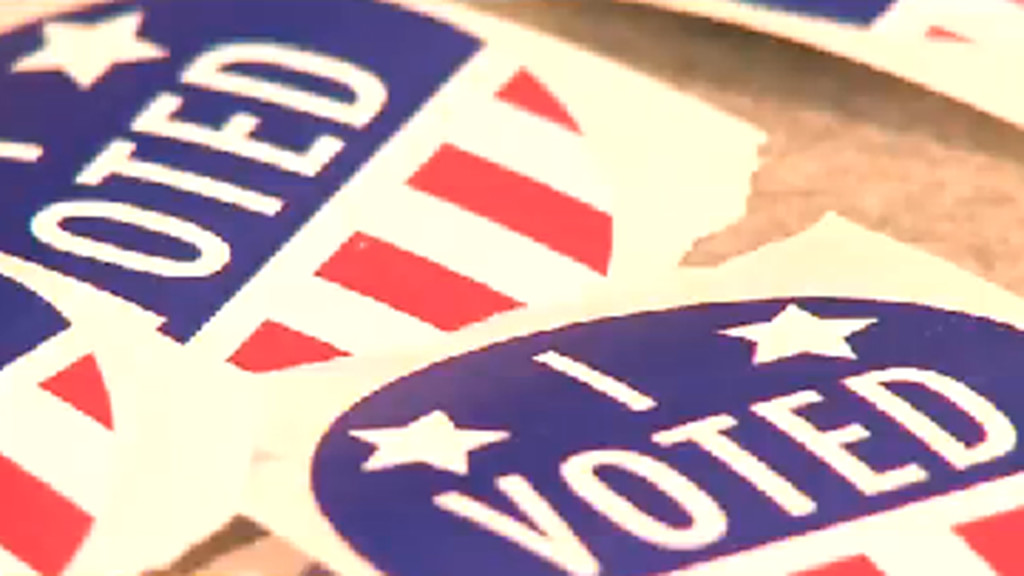
Approximately 5.2 million Americans with felony convictions do not have voting access, according to a new report released by The Sentencing Project.
The report, Locked Out, revealed that despite the number of states that have changed their laws and practices to expand voting access, at least 2.3 percent of the voting population — including thousands in Wisconsin — will be barred from voting in the 2020 election. Additionally, of those who are disenfranchised, or deprived of their right to vote, a disproportionate number of them are people of color, the report indicated.
“One in 16 African Americans of voting age is disenfranchised, a rate 3.7 times greater than that of non-African Americans,” the report says. “Over 6.2 percent of the adult African American population is disenfranchised compared to 1.7 percent of the non-African American population.”
These numbers, however, showed a decline by 15 percent since 2016, the report states.
“This report highlights the key problem of the criminal legal system that is mediating democracy,” Nicole Porter, director of advocacy for The Sentencing Project, said during a call with reporters Wednesday afternoon. “It is extremely problematic that in the United States, a group of citizens is disproportionately subjected to the coercive power of the criminal legal system through police, prosecution, courts and prisons and subsequently stripped of their voting rights.”
According to the report, the rates of disenfranchisement vary drastically by state. Only two states in the U.S. — Main and Vermont, as well as the Commonwealth of Puerto Rico — hold no restrictions on people voting, even if they are currently in prison. In Wisconsin, people with felony convictions are only eligible to vote once they complete the terms of their sentence, including parole, probation and extended supervision.
Eleven states deny voting rights to some or all people who have completed their prison, parole, probation & post-sentence, the report stated. Mississippi permanently “disenfranchises individuals convinced of certain offenses.”
“We are long overdue, to break down the barriers that exist to accessing the ballot box, especially for people with current or prior felony convictions,” Sakira Cook, Justice Reform Director at The Leadership Conference for Civil and Human Rights, said. “A vestige of this nation’s white supremacist roots. It should come as no surprise that a society that aggressively polices and incarcerates Black Americans at rates far greater than the rest of the population, also disenfranchises Black Americans at a far greater rate.”
The report estimates that more than 560,000 Latin Americans are currently disenfranchised, though data for that population is unevenly reported.
“We truly provided an estimate of Latinx disenfranchisement, with the caveat that the data are incomplete for many states, and reporting varies greatly, but this is so important today that we feel obligated to to make clear how many are disenfranchised,” Christopher Uggen, lead research and author of the report, said. Uggen is also a professor of sociology at the University of Minnesota.
“It is a sad commentary about democracy every time The Sentencing Project issues this kind of report,” Juan Cartagena, President & General Counsel at LatinoJustice, and a constitutional and civil rights attorney, said. “It’s pretty sad to think that this country has historically held itself as a beacon of democracy and has actually imposed democracy on foreign countries, sometimes by force, but still, deprive so many people of their right to vote.”
On the press call was also Shakur Abdullah, founder of Nebraska’s JustUS 15 Vote. Abdullah was previously incarcerated for 41 years in Nebraska. His first experience voting was in 2018.
“My first experience ever voting was [a] really moving and powerful experience for me,” he said. “My father was a Korean War vet and I remember stories he told of coming home and not being able to vote. So for me, it felt very impactful.”
The Sentencing Project is a national nonprofit organization that focuses on research and advocacy on criminal justice issues for 30 years. Read the full report here.



